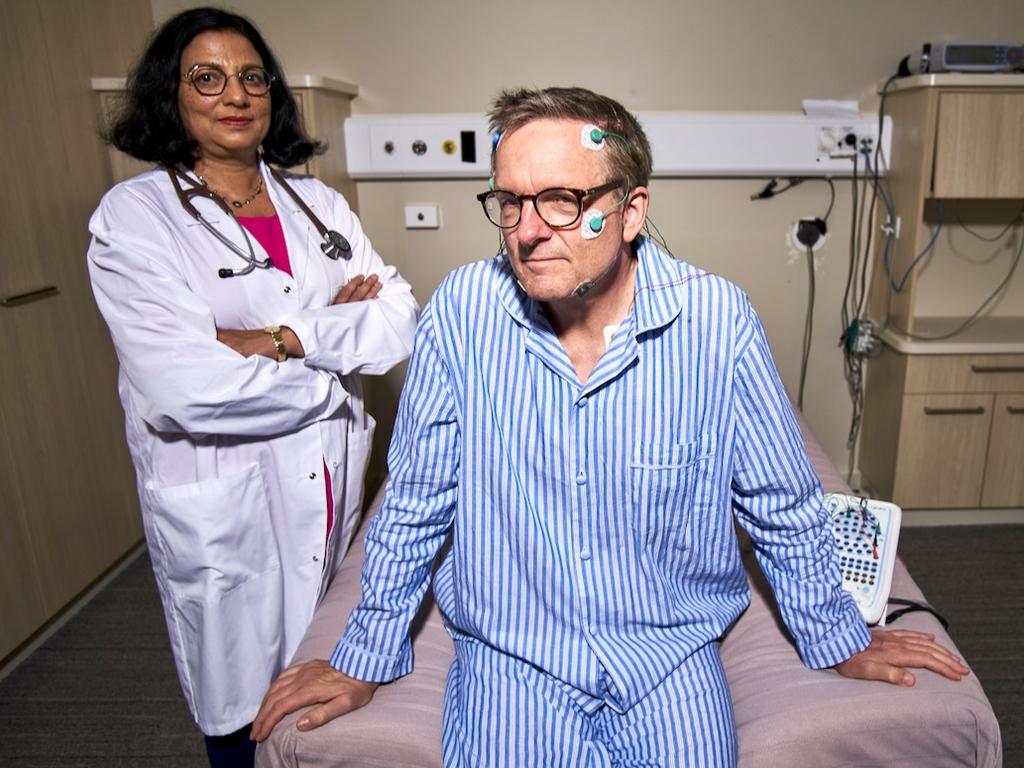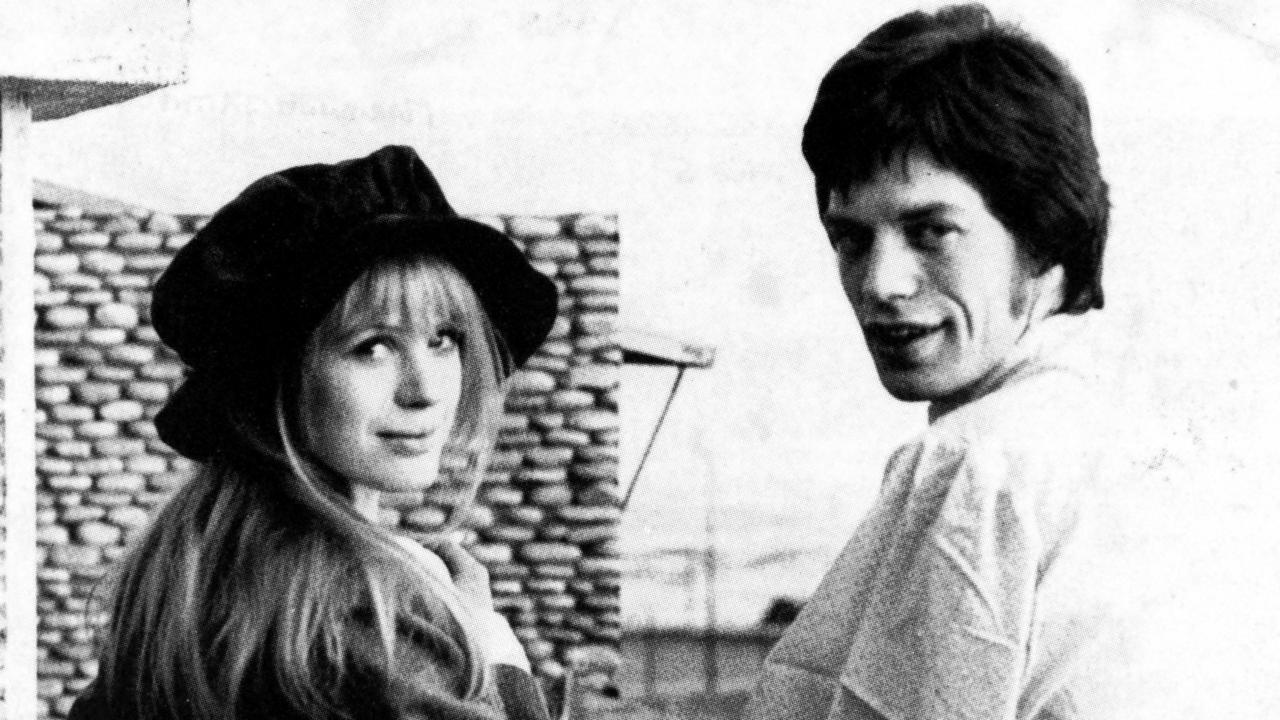Michael Mosley: the cheerful TV presenter who popularised the 5:2 diet
Michael Mosley covered stomach ulcers, cancer vaccines and ‘life before birth’ in a wide-ranging career that made him one of the most recognisable TV doctors.
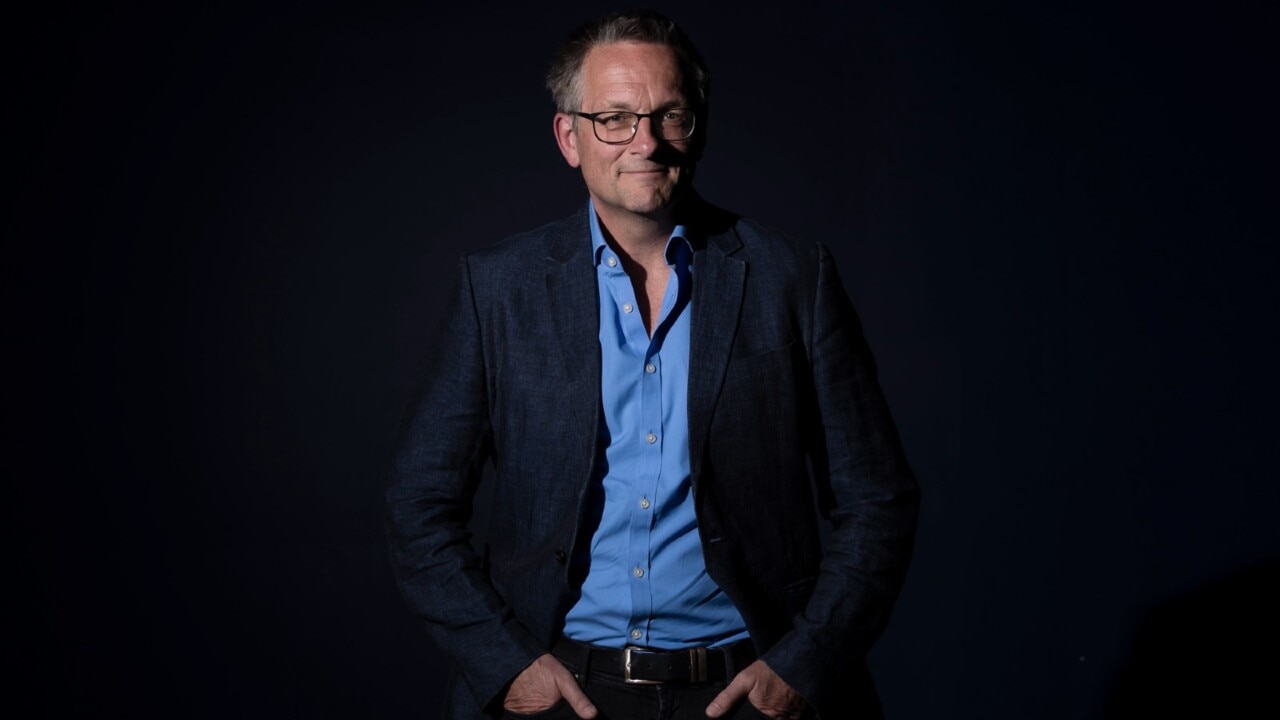
Trust Me, I’m a Doctor was the title of Michael Mosley’s 1990s BBC2 television series. Many did just that, not least with the 5:2 diet that he popularised in the BBC2 Horizon documentary Eat, Fast and Live Longer (2012), which suggested that sustained weight loss could be achieved by dieting for two days a week and eating normally for the other five. The program was followed by the bestselling book The Fast Diet (2013, with Mimi Spencer), which within five years had sold 600,000 copies and been translated into 40 languages.
One selling point was that George Osborne, the chancellor of the exchequer at the time, had lost two stone [28lb] through the diet, while the singer Beyonce was also said to use the plan. Another was Mosley’s claim that the 5:2 diet, through which he aimed to reverse his own type 2 diabetes, was science-based. Yet researchers were unable to find any evidence and, in 2017, Mosley admitted that no studies had been published confirming that intermittent dieting leads to long-term weight loss. “These studies take a long time which is why, this many years on, they [scientists] are still looking at them,” he told The Sunday Times.
Brushing such inconveniences aside, the cheerful pop-science presenter remained one of the most recognisable television doctors, memorably pushing his body to extreme lengths for the cause of good television. Though his wife vetoed “the idea of infesting myself with pubic lice” he ingested tapeworms for the BBC4 documentary Infested!, ate a black pudding made with his own blood for The Wonderful World of Blood, injected snake venom into his veins and swallowed a camera for Inside the Human Body, allowing the viewer a never-to-be-forgotten close-up of his inner workings. “The really unpleasant part was that the night before I had to drink four litres of laxative. I was meant to be going to dinner with the director-general of the BBC and the gastroenterologist said, ‘Not a good idea’.”
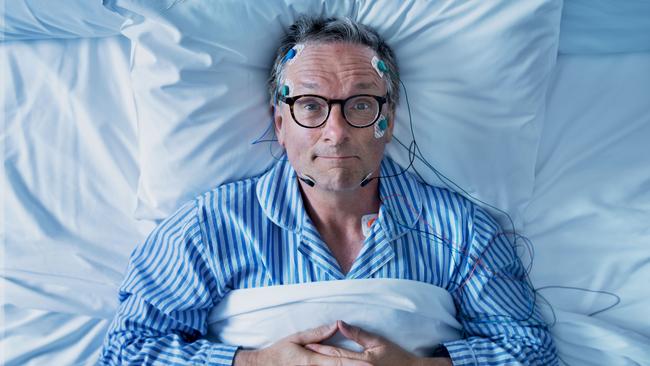
Mosley produced science programs with Professor Robert Winston; was behind the engineering series Inventions That Changed the World with Jeremy Clarkson; and made regular appearances on The One Show and This Morning. On another occasion he threw together a group of unwitting people in a plush country house, secretly filming them for Meet the Humans (2017) as he analysed their every move with a psychologist and other experts.
Energetic and enthusiastic, he explored different exercise patterns in The Truth About Exercise (2012) and more recently championed the Fast 800 diet, which is described as “moderately low-carb [and] Mediterranean-style”. Like the 5:2 diet, it advocates intermittent fasting and was the subject of another lucrative book. However, his three-part series for Channel 4, Lose a Stone in 21 Days (2020), was criticised by the eating disorder charity Beat, whose helplines were inundated with anxious viewers.
One of Mosley’s most fascinating shows was Life Before Birth (2015), showing what happens in the womb before, during and after conception. It also followed prospective parents through the heartbreaking decisions that are sometimes thrown up by antenatal screening. “There is something fantastically powerful about watching somebody genuinely wrestling with a dilemma. And then you realise how difficult it is and then you empathise with it.”
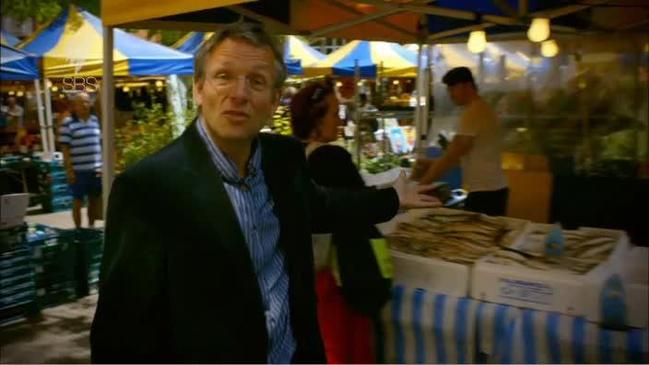
Michael Mosley was born in Calcutta in 1957 “just as a new, deadly strain of influenza virus known as Asian flu emerged from China”. It killed an estimated two million people and left baby Michael seriously ill. His father Bill, a Hong Kong banker, insisted that Michael be sent to boarding school in England aged seven, with his older brother, John. His mother, Joan (nee Stewart), the daughter of an Anglican bishop, later told him of her heartbreak. “She would rather have had us at home,” he said, “and missed us terribly.”
Aged 11 his father offered him “something like pounds 100” if he did not smoke before the age of 18. “It seemed like an inordinately large sum of money, so I never felt particularly tempted,” he told The Guardian. Many years later he tried vaping for the BBC2 Horizon program E-Cigarettes: Miracle or Menace (2016), but found it unpleasant. He was “quite religious until I was about 20” and considered becoming a priest.
Mosley arrived at New College, Oxford, to study philosophy, politics and economics just as Russian flu was sweeping the country, “and surprise, surprise, my blood shows I got it”. He then followed in his father’s footsteps, training as an investment banker in the City of London. After a couple of years he “decided that frankly, making money was not what I was most interested in”.
Choosing to move into medicine, he studied at the Royal Free Hospital Medical School in London. On his first day the dean announced that they would study for six years, but most of what they learnt would be out of date within 10 years. “He was right. The medical world’s understanding of diet and fitness is changing very fast and that’s what I want to tell people about,” he said later. “There is a vast gap between what medical experts know and what the general public know.”
The same dean predicted that at least four of the students would marry within their 100-strong cohort and that came true for Mosley when he met Clare Bailey, who became a GP, parenting expert and founder of the Parenting Matters website. They were married in 1987 and lived in a white, pebble-dashed home in Buckinghamshire built by the Cadbury chocolate family. Clare, who retired from general practice in 2022, survives him with their four children: Alex, Jack, Dan and Kate.
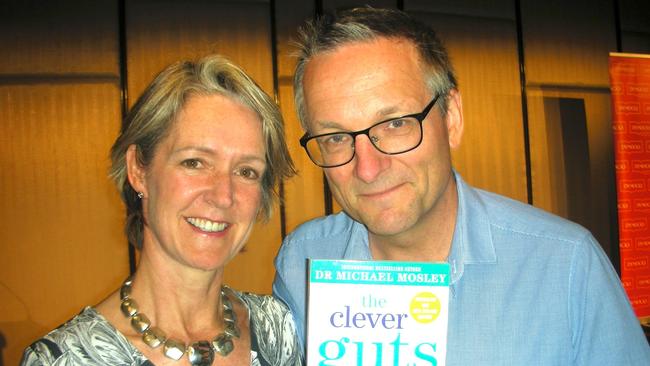
Before long, Mosley became disillusioned with psychiatry, the speciality that had attracted him to medicine, and his eye was drawn to a newspaper advert for a trainee assistant producer scheme at the BBC. He applied on a whim and was successful, but then found himself torn between medicine and the media. “I went on holiday to Greece and I had two telegrams that I wrote in my hand,” he said. “One of them was to say no to the BBC and the other was to say no to the house job. I sent the one to the BBC - and I felt a tremendous sense of loss. Then I sent another telegram saying, ‘I’ve changed my mind’.” His first full-length project was Ulcer Wars (1994), a Horizon documentary about Barry Marshall, a fellow self-experimenter who was convinced that stomach ulcers were not caused by stress but by the organism Helicobacter pylori.
The show generated more than 20,000 letters and Mosley was named medical journalist of the year by the British Medical Association. “I probably did, in a funny way, more good with that one programme than if I had stayed in medicine for 30 years,” he said.
In A Miracle for Cancer (1996) he investigated the rapidly developing field of cancer vaccines, while The Human Face (2001), a four-part series examining the science behind perceptions of beauty, presented by John Cleese and featuring Elizabeth Hurley, Pierce Brosnan and Sir David Attenborough, brought an Emmy award nomination. Realising that no male in his family had lived beyond 72, he took longevity as the subject of Make Me Live Forever (2016).
Before turning to presenting, Mosley had spent 20 years behind the camera, humanising not only medical topics but also scientific ones such as volcanoes and history in programmes including Pompeii: The Last Day (2003). “The joy of both having a medical background and also being from the BBC is that you can go and talk to almost anyone in the world,” he explained.
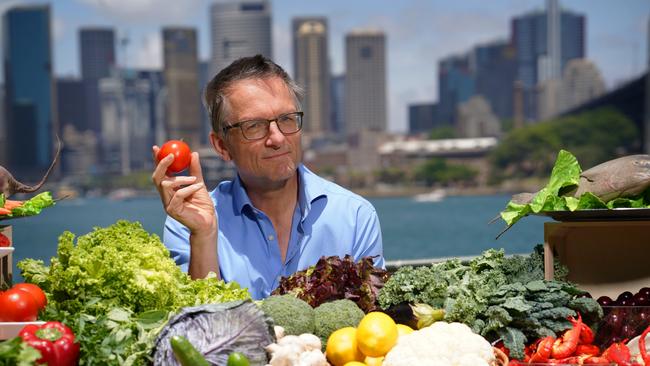
In February this year he undertook a joint tour around the country with his wife, sharing their latest health tips and giving cooking demonstrations. It was Clare who shaped his eating habits. “We would sit in the cafe at lunchtime and Michael would have sandwiches with bright red salami. He never ate greens. His default, to be honest, was school food,” she said in April. As for his own adherence to the 5:2 diet, “I’m more 6:1,” he confessed, while admitting that he liked a drink or three. He was also a chocolate enthusiast: “I have even been known to steal my daughter’s Easter eggs,” he said.
On a recent edition of his Radio 4 podcast Just One Thing (also the title of a 2022 book) Mosley offered five tips for boosting wellbeing: Nordic walking, flaxseeds, helping others, playing an instrument and reading poetry aloud.
Two weeks later he was on holiday on the Greek island of Symi when he set off for a walk at about 1.30pm, leaving Clare on the beach. By 7.30pm he had failed to return and a search and rescue operation was launched involving the emergency services, volunteers, a drone, a helicopter and a police dog. Reinforcements were called in from nearby Rhodes, but it was to be in vain.
Michael Mosley, doctor and television presenter, was born March 22, 1957. His body was found on June 9, 2024. He was 67.
The Times


